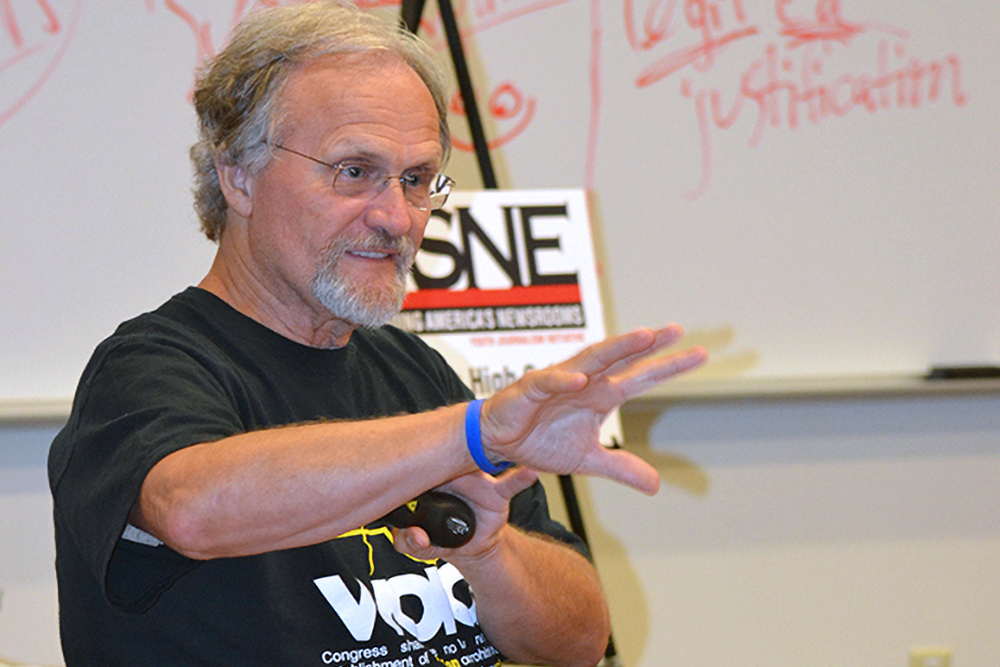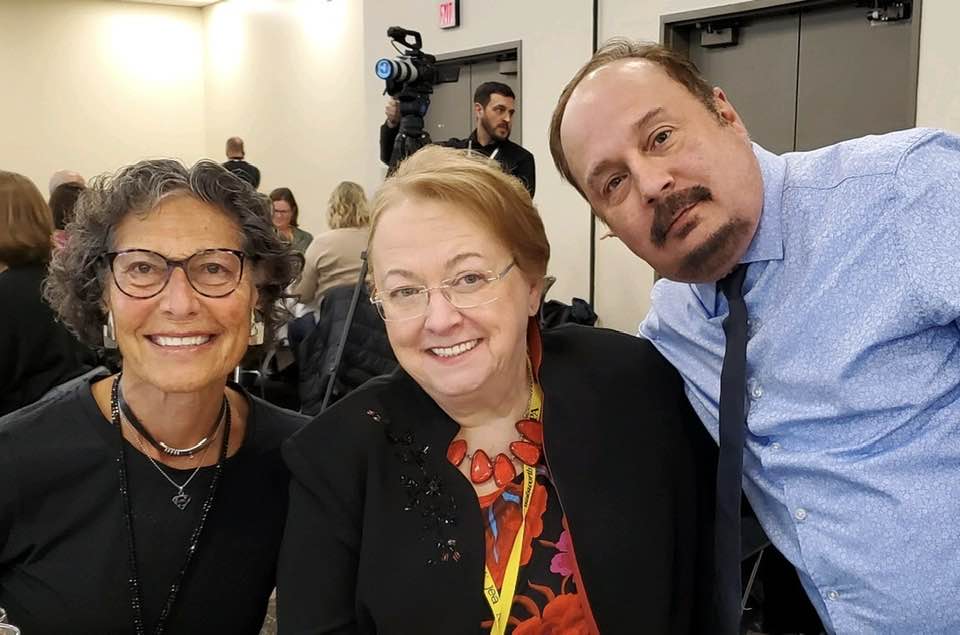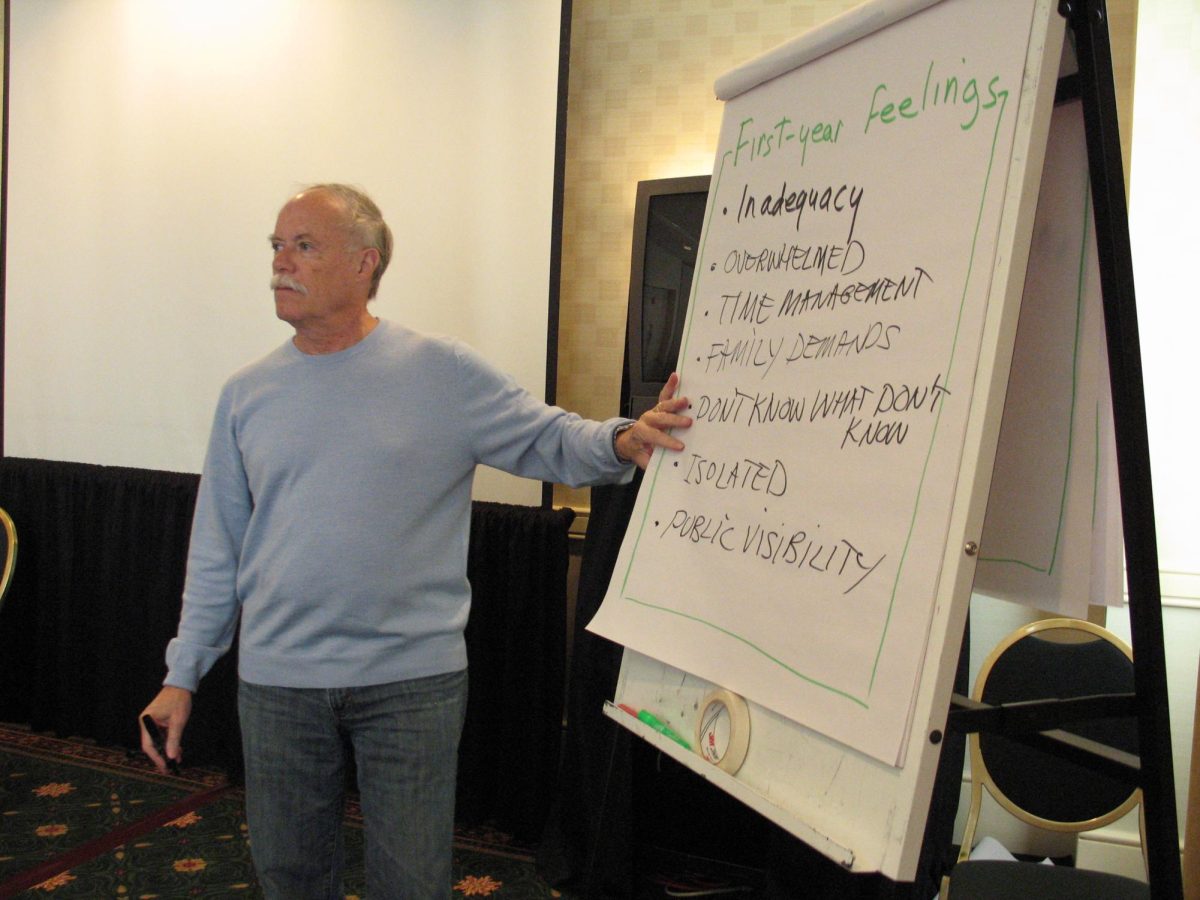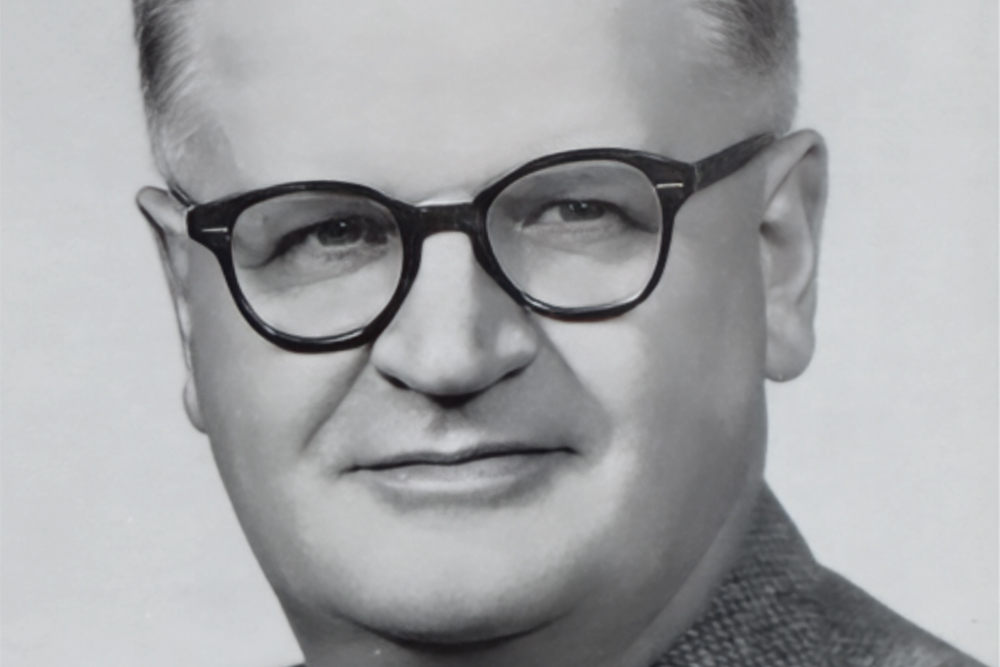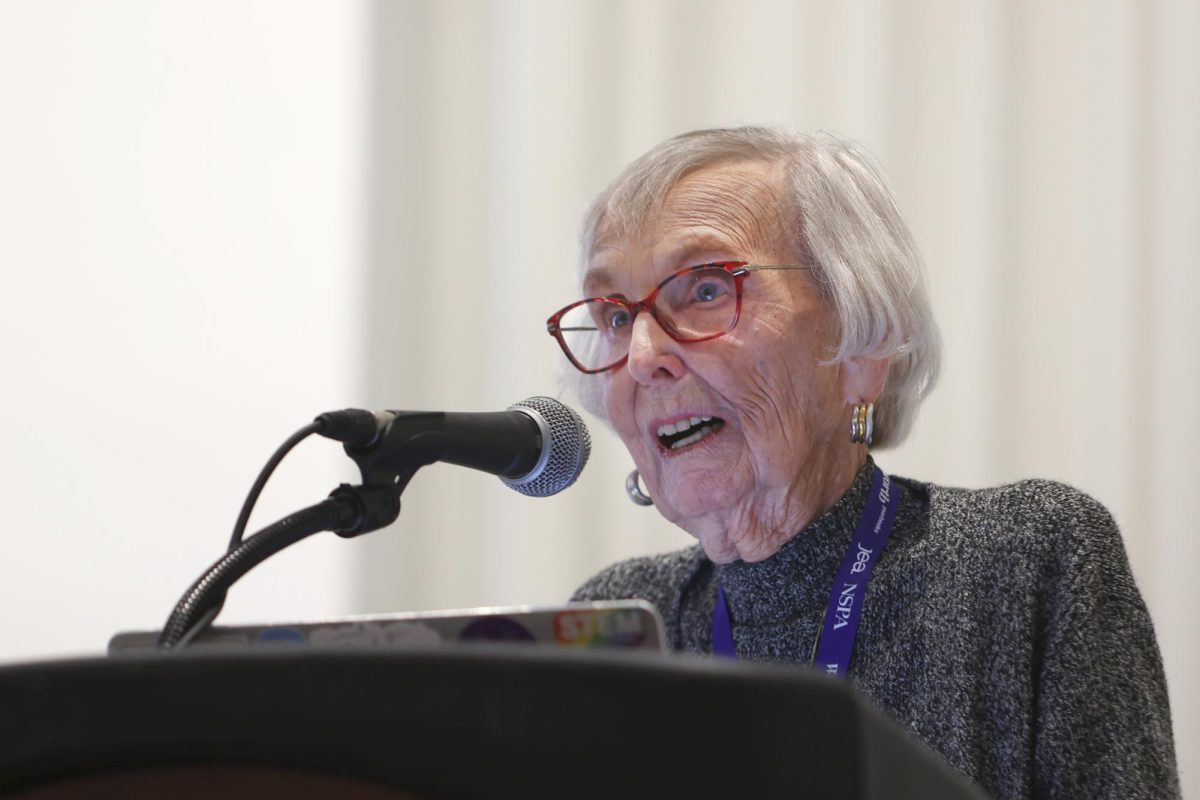Like so many others, it was a high school English teacher who led John Bowen to journalism.
“In my junior English class, we were asked to write about classic books,” Bowen said. “The teacher liked my story and submitted my name to the school paper. From there I got involved in the newspaper experience because I loved talking to people.”
Talking to people led to being sports editor his senior year and pursuing journalism at Kent State University. A social studies major, he minored in journalism and contributed to the paper through his classes. He was a Public Information Officer in the Army and served a 18 months before accepting his first, and only, high school teaching job at Lakewood (Ohio) High School.
Getting involved in Ohio’s state associations led to his leadership roles related to scholastic press rights.
“I was asked to come to the JEA/NSPA association meetings by The Ohio State University professor and executive director of the Journalism Association of Ohio Schools Carol Ann Hall,” Bowen said. “It was a good experience for me because it was educational and I was with other journalism teachers.
The organization took a group of teachers to a Kansas City JEA/NSPA convention to learn how to build an organization. It was there Bowen learned more about student press rights.
“I talked to Jim Matthews who worked on the Press Rights Committee and learned to pay attention. I read Captive Voices and was motivated by the passion of Dorothy McPhillips. That’s when I became passionate about press rights, too,” Bowen said. “I learned about the concept of prior review and why students should not be censored.”
Bowen was elected chair of the JEA Student Press Rights Commission/Committee and spent nearly four decades leading the charge for student freedom of expression. He said a strength of the group was the team concept.
“When I was chair of the Student Press Rights Commission/Committee, the ideas with the most impact, that resonated most clearly, came from the team and not any single member,” Bowen said. “The process of enrolling, endorsing and empowering powerful ideas led to statements, policies and change. I think we succeeded because of valuing team commitment, encouragement and vision of how we, JEA, could best contribute.”
Contributing also meant working with individual schools as they faced problems. Bowen said when schools had problems the SPRC offered advice and suggested policy changes.
Out of the individual experiences grew one of the most successful sessions the group leads at each convention.
“The Press Rights Forum” session is probably most popular at conventions,” Bowen said. “Attendance is always high because students and teachers have so many questions and there are a lot of experienced people in the room to answer the questions.”
Although Kristin Taylor is now Student Press Rights chair, Bowen continues to be involved with the group and work to support them whenever he can, and he’s proud of what the SPRC teams did under his leadership.
Bowen offered a list of accomplishments he thought were most important for the commission:
- JEA Adviser Code of Ethics
- the Panic Button
- revision of Quill and Scroll’s Principals Guide
- development of numerous public position statements, informational and teaching materials
- development of free expression core principles of model media mission statements, editorial policies, ethical guidelines and process to counter review and restraint
- maintain informed opposition to and quality alternatives for prior review, restraint and other practices of censorship and
- continuing meaningful support and recognition of school systems which commit to endorsement and practice of First Amendment
Bowen’s passion for and work to protect First Amendment rights is ongoing. To date 17 states have passed legislation to protect student freedom of expression and the push to get more states to sign on to the New Voices project continues.
“We have to keep people aware of the need for student freedom of expression,” Bowen said. “We have to continue until all students everywhere have protection.”
A student freedom of expression warrior, Bowen received the Carl Towley award for service to the organization and scholastic Journalism in 1994.


